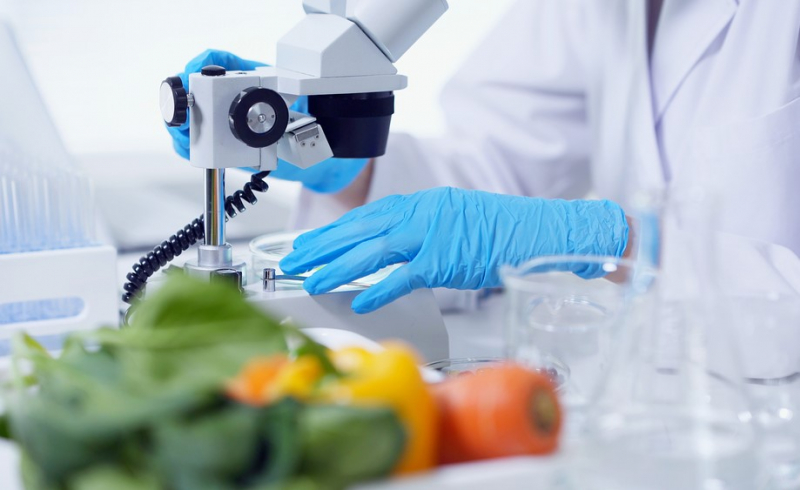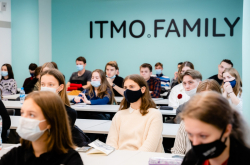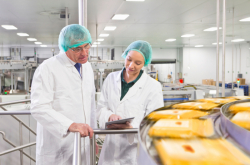You are the curator of the Creation and Management of FoodTech Businesses specialization of the Innovative Entrepreneurship Master’s program. For starters, let’s talk FoodTech: what is this industry and how is it different from the food production and restaurant industries?
FoodTech is a much wider concept. Its scope concerns one of Russia’s most quickly-developing and in-demand industries. This year’s crisis has only reaffirmed its relevance and dynamic growth. FoodTech is the intersection of the tech sector and the food market; it’s the integration of digital technology in everything related to the production, delivery, and preparation of food. It involves all sorts of specialists: process engineers, logistics, marketing, and IT specialists, chemists, biologists, dietologists, and many others.
How is this industry faring during the pandemic?
Everything is changing radically, and it’s not just because of the coronavirus. Back in September, one of the invited experts for our Value Creation course showed us a short clip of a highrise building imploding and compared it to what’s happening within FoodTech. The industry is changing and rebuilding itself anew; new players come in, various delivery services are emerging, apps are made to provide individuals or specific groups with nutrition plans. And it is in this very moment that the pandemic comes in.
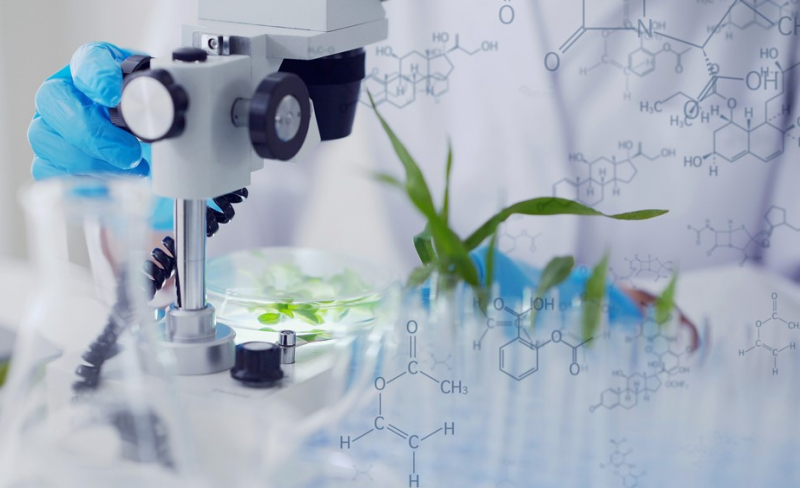
So which changes has it brought about?
Naturally, food delivery services are “riding the wave” by helping people maintain self-isolation via contactless delivery. This is very important right now. I believe that this trend of food safety will probably live on. We’ve recently done some analysis on China, which is the first post-pandemic country. The trends there are food safety-related, and it’s not even about natural ingredients as much as it is about safe packaging and making sure the food has not been contaminated with any microorganisms.
This trend will also likely lead to a decrease in sales of loose goods. People will tend to buy packaged, hermetically-sealed products to minimize the likelihood of contact with random people and objects.
Another current trend are immunity-boosting products. Our immune systems are very dependent on various substances, primarily zinc and vitamins. 20% to 40% of the population, and sometimes up to 60% have zinc deficiency. Therefore, many are unable to resist a virus: the lack of zinc is like an open door to viruses.
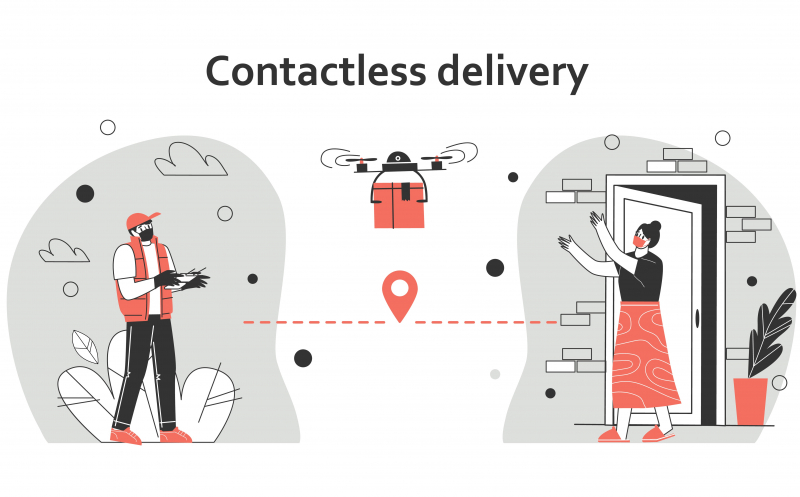
Will the technical aspect of the industry change, too? Will there be services to allow consumers to track their products’ path from production to home, for instance? Or perhaps some other new technologies await us?
One technology that is sure to develop further is that of express quality control of both the final product and the raw material. There are not enough quick-acting tests right now that would allow you to gauge the quality of ingredients. Today, our university’s Infochemistry Scientific Center receives a lot of orders for the development of such tests.
Still, delivery tracking technologies aren’t only needed for quality control. There’s also the matter of process chains, where there’s room for improvement in terms of quality, safety, lean manufacturing, and efficiency.
I would also assume there’ll soon be applications that’ll help users pick nutritional plans based on the specifics of their own organism. There are complex algorithms in work there, and you would need high-quality databases to develop them.

Finally, there’s the development of new packaging material that would minimize the risk of contagion; packaging that, perhaps, will itself have an anti-bacterial effect. People would be able to safely eat products from this packaging without any risk. This would require the collaboration of professionals from varying interdisciplinary fields.
As for the sort of specialists that our country needs: we are lacking in food equipment designers as well as those who would design the factories and production facilities. There’s never been enough of those, but now, when companies are facing unprecedented change and having to reinvent their approach, they are in demand more than ever.
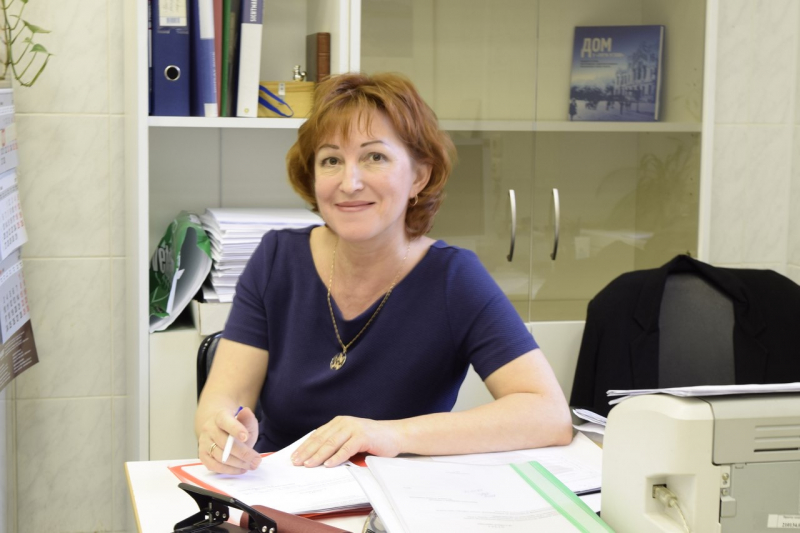
From what I’ve learned, you recently held a roundtable discussion with St. Petersburg entrepreneurs on the topic of the industry’s response to the pandemic. What was said there?
Indeed, in late April we held the roundtable discussion “FoodTech During a Crisis. Where Next?”, which brought together 75 participants, including business owners and managers. With us were Andrey Zyuzin, CEO of EFKO Innovations, Vitaly Svidovsky, co-owner of the Teremok restaurant chain, Leonid Tsoi, owner of the Etosemeinoe store chain, Oleg Dyu, head of development at Galactica Group, and others.
We discussed the state of the industry. All companies are having issues now: some were dependent on material imported from abroad. Companies that are geared towards production of food and desserts for restaurants have plummeted due to the closing of various eateries; some have closed altogether. Restaurants are now rehauling their menus, making them simpler and cheaper, while shifting to delivery. Still, of course, FoodTech is in a better shape than other industries, as people will never stop eating, even during a crisis.
Among the participants were our partners, who help run the Creation and Management of FoodTech Businesses specialization. We discussed projects of our Master’s students. As the restaurant industry has taken a massive hit, we decided that some of the projects would need to be reassessed and given a different, relevant focus that would make their startup-theses more timely and interesting. The speakers also shared with us their perceived solutions to the crisis and how our students could help develop them. We’ve also decided to develop the St. Petersburg FoodTech initiative.
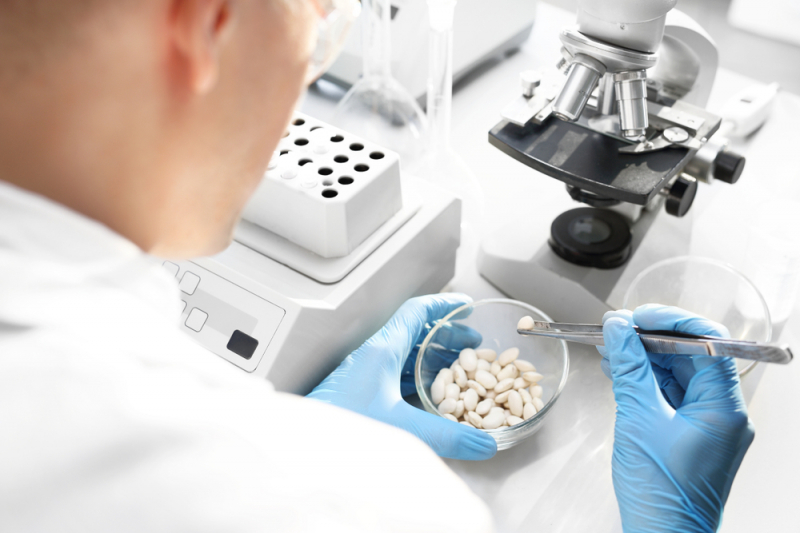
Can you tell us more about this initiative?
It should give entrepreneurs an opportunity to work together by, for example, assembling a product range and supplying it together to various districts of the city and other regions, thus helping each other with logistics and sales. In addition, our students are now helping them create a new center that would analyze the issues highlighted during the round table. This initiative would let us maintain constant communication between businesses and the university, as well as to use science to solve issues and tasks for the FoodTech industry.
What kinds of projects are your students working on now?
They’re all great projects. One deals with the so-called superfoods. Those are plant products that are very rich in nutritious substances. We’re primarily focusing on Russian superfoods (buckthorn, cranberry, lingonberry, pine nuts, flax, etc.) and superfoods from Peru.
One project on personalized diagnostics and treatment of zinc deficiency has brought together researchers from ITMO University’s Infochemistry Scientific Center, First Moscow State Medical University’s Laboratory of Molecular Dietology, and the two universities’ industrial partners.
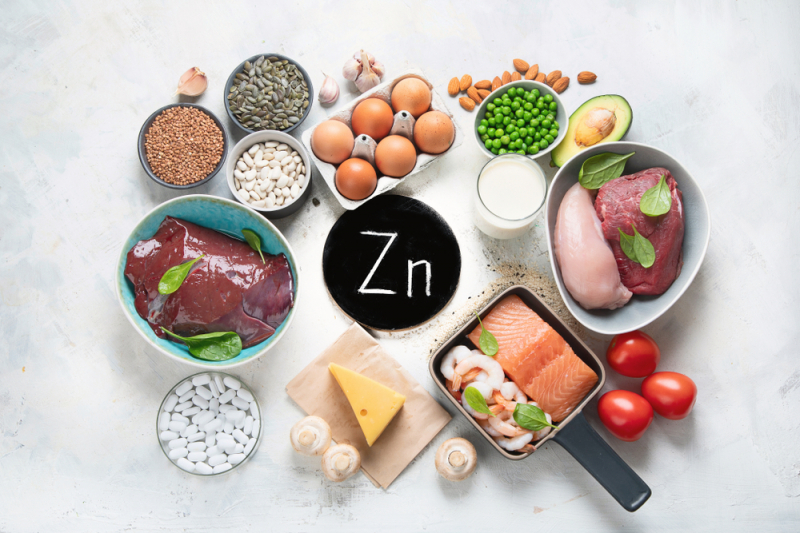
Another project aims to create an urban agriculture company that would foster a culture of preventing disease through healthy nutrition using gamification methods.
This month, a new course is being launched as part of the program. What is it about?
In October 2019, we signed a partnership agreement with EFKO Innovations at Skolkovo. They are one of Russia’s largest agro-industrial holdings, supplying products to dozens of countries around the world and operating their own innovation center, Biruch-NT, in the Belgorod Oblast. This May, we’re launching a joint webinar course that will explain every step of launching a FoodTech startup – from the idea to fundraising.
Learn more about the course and sign up here. The course is conducted in the Russian language.
